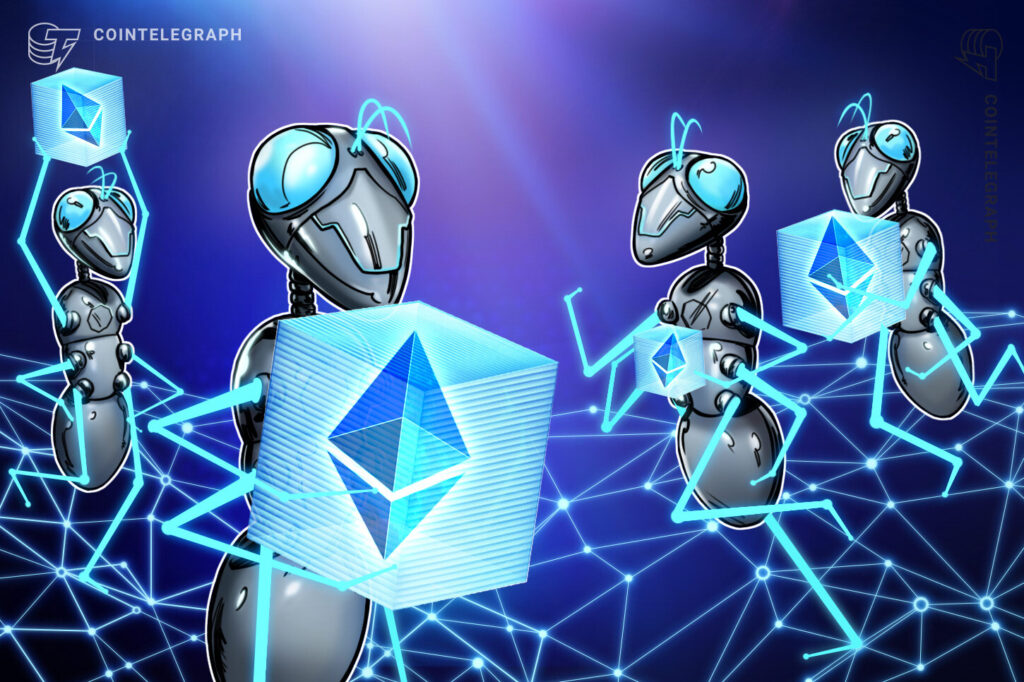30s Summary
Flashbots has introduced BuilderNet, a decentralized Ethereum network that addresses the issue of censorship and the challenges in Ethereum’s block construction. The network is designed to distribute the block-building process across multiple parties, preventing system bottlenecks that enable censorship and impose unjust costs on users. It also utilizes a “refund rule” for compensating block builders instead of allowing network validators to maximize value from pending transactions. This initiative may affect Titan Builder, known for value maximization. The network’s current version is managed by Flashbots, Beaverbuild, and Nethermind.
Full Article
Flashbots, a company specializing in blockchain infrastructure, has rolled out BuilderNet. This is a decentralized network on Ethereum designed to tackle censorship and handle one of Ethereum’s main challenges. BuilderNet was introduced on November 26th and plans to facilitate the joint efforts in block construction. The timing is ideal seeing that beaverbuild and Titan Builder have constructed about 88% of all Ethereum blocks recently.
According to Viktor Bunin, a protocol specialist at Coinbase, BuilderNet’s potential to eliminate censorship and exclusive Ethereum deals is a major game-changer. Shea Ketsdever, the product manager at Flashbots, tweeted that the first version of BuilderNet is now operational on Ethereum’s primary network (mainnet) and will later serve as a solution for decentralized sequencing on the second layer of the network.
Ethereum uses a method of proposer-builder separation for constructing blocks; builders make blocks for proposers to review, with the most profitable block usually being chosen. However, tying “specialized” tasks to specific players has led to centralization issues, says Vitalik Buterin, Ethereum’s co-founder. Flashbots believes that by spreading the block-building process across a large network, it can avoid system bottlenecks that invite censorship and impose unfair costs on users.
According to MEV Watch, in the last five months, almost half of all Ethereum blocks have had to enforce censorship to align with the rules laid out by the US Office of Foreign Assets Control (OFAC). Transactions blocking often gives more time to block builders to generate user revenue through sandwich attacks.
Here’s how BuilderNet operates: It uses a system where multiple parties contribute to the block building process. This system creates a “Trusted Execution Environment” enabling all protocols and users to verify transactions. Instead of the usual system where the maximum possible value is taken from network validators by reordering pending transactions, block builders are now compensated through a “refund rule” and value is redistributed back to users.
Additionally, this new system may disrupt Titan Builder, which reportedly has over $40 million in “hidden profit” made through value maximization or MEV-Boost. As of the moment, BuilderNet’s first version is managed by Flashbots, Beaverbuild, and Nethermind, an Ethereum infrastructure firm. Flashbots eventually aims to make BuilderNet more open to further reinforce resistance to censorship and decentralization. The company was initially working on another equivalent system in 2022, but it was never fully implemented.

